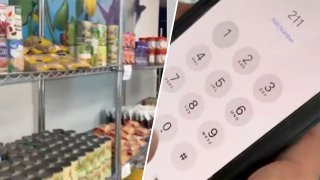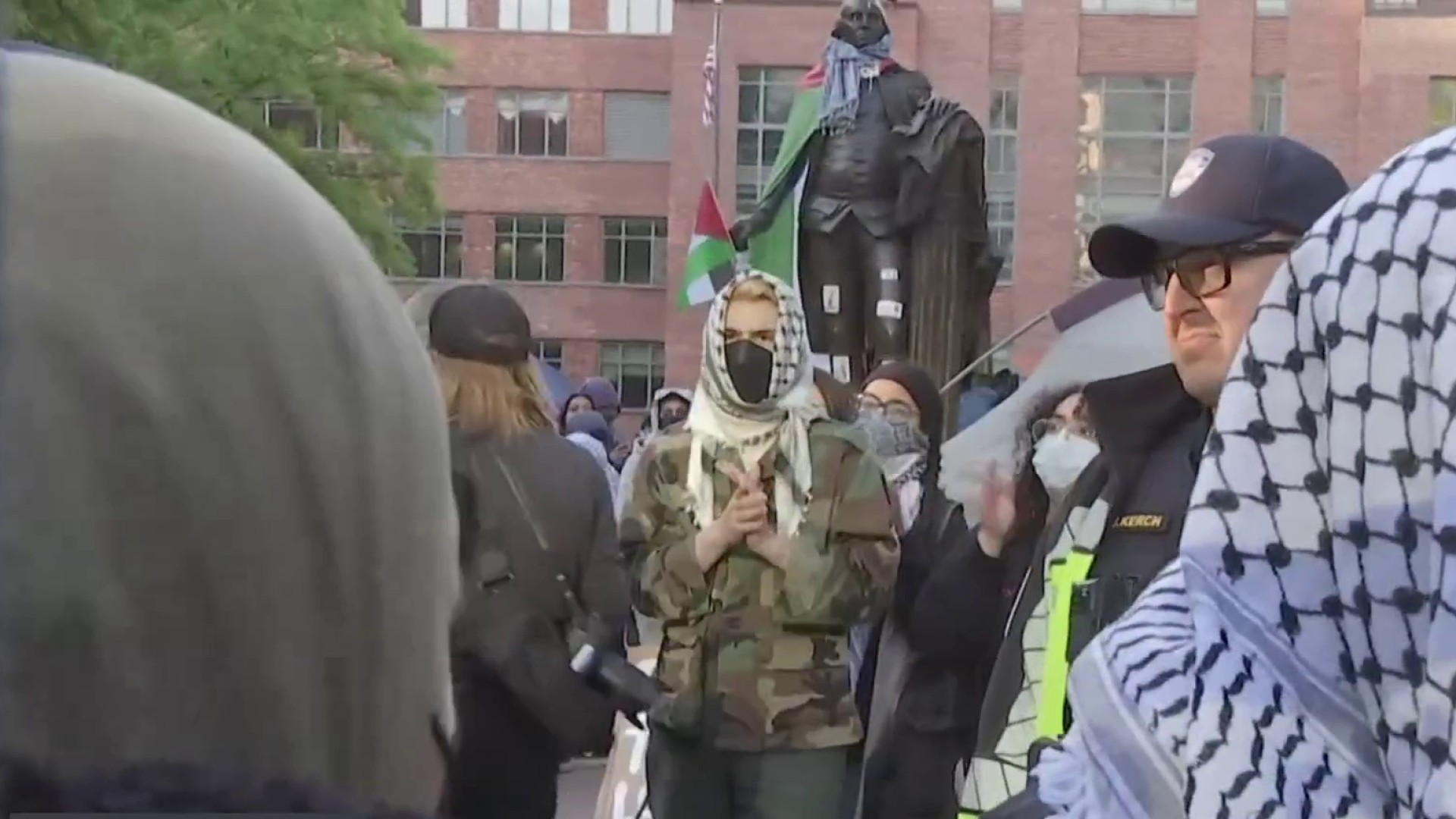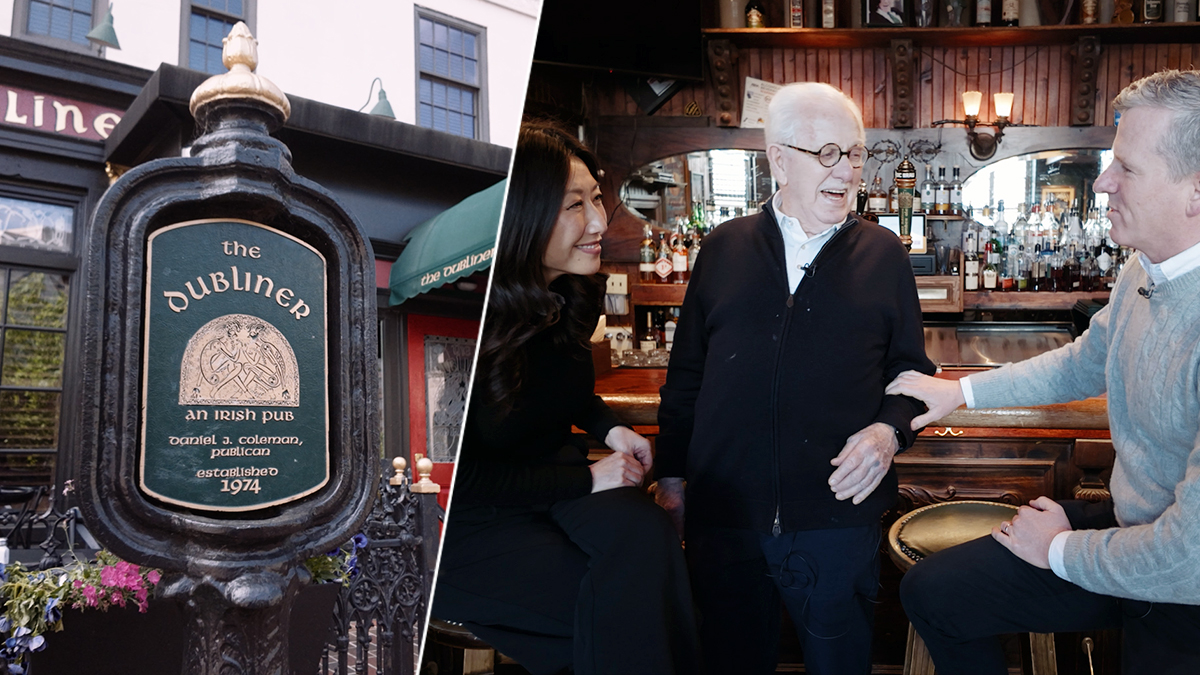
A help line accessed by dialing 211 that can help thousands of D.C. residents with human services support such as food assistance and housing assistance is getting a $9 million boost so it can help families before tough situations turn into crises.
The service is designed to help thousands of families in the District who live right on the edge and need help paying bills or putting food on the table.
The Doris Duke Foundation announced last week that it gave D.C. $9 million to help expand the 211 service and provide community mentors to families that ask for help.
“Families may not need cash assistance full-time or for long periods of time. They may need something really short-term, as well as connection to services,” said Robert Matthews, director of D.C. Child and Family Services.
We're making it easier for you to find stories that matter with our new newsletter — The 4Front. Sign up here and get news that is important for you to your inbox.
Backed by United Way, the “warm line” 211 is available in D.C., Maryland and Virginia. If you're having problems dialing 211, you can use the ten-digit numbers:
- D.C.: 202-463-6211
- Southern Montgomery County & Prince George’s County: 301-864-7161
- Virginia: 800-230-6977
Calls to 211 are answered around the clock by centers in the region. Callers will not be asked about their immigration status, and the service is available in multiple languages. The service is free.
Local
Washington, D.C., Maryland and Virginia local news, events and information
New funding aims to help families 'at the earliest signal of need'
The Doris Duke Foundation recently helped to launch the Opportunities for Prevention & Transformation (Opt-in for Families) initiative.
The program aims to connect families with services "at the earliest signal of need" and show that coordinated support can "prevent abuse and neglect and keep families together," according to a press release.
It launched as a pilot program in D.C., Kentucky, Oregon and South Carolina. In some places, the number of families entering the foster care system has “dramatically decreased,” said Jooyeun Chang, the foundation’s director of child wellbeing.
The 211 program aims to give a way for people to ask for help without the fear that a social service agency might try to take children away from their family, Chang said.
“They're unwilling to ask for the most basic help that they probably are eligible for because they fear systems,” she said.
Sign up for our Breaking newsletter to get the most urgent news stories in your inbox.
“The system has been designed to only ask one question: Do I need to take your child out of your home? Do I need to separate you? I think that's unacceptable,” she said. “We think the question that we need to be asking is, How can I help you? How can I be in service of you?”
“Part of the resources that we're going to provide D.C. is to further support that group of lived experts and other agency and community providers to really reimagine what D.C. can do for families at risk,” Chang said.
Editor's Note (Tuesday, March 19, 2024, 7:15 a.m.): This story has been updated to make it clear that the 211 help line has been available and is receiving new financial support.



